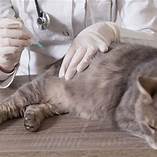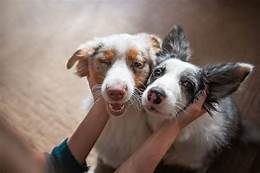Can You Own a Falcon as a Pet?
Owning a falcon as a pet is a unique and intriguing prospect. These majestic birds have captivated people for centuries and remain symbols of strength, intelligence, and nobility. While the allure of owning a falcon is strong, it is essential to understand the complexities and responsibilities involved before deciding.

Falcon Ownership Laws and Regulations
Before considering owning a falcon as a pet, it is crucial to research local, state, and federal laws and regulations regarding falcon ownership. These laws vary widely and often depend on the species of falcon you wish to keep. In some areas, it may be illegal to possess certain falcon species. Additionally, special permits and licenses are often required to keep a falcon as a pet.
The Challenges of Falcon Ownership
Falcons are wild animals and caring for them in captivity is a demanding task. These birds require specialized care, diet, and training. They have specific housing requirements, including large outdoor enclosures or aviaries. Furthermore, falcons have a keen instinct for hunting and may become aggressive if not properly trained and managed. Owning a falcon requires a significant commitment of time, resources, and expertise.
Necessary Training and Equipment
To keep a falcon as a pet, you must provide adequate training and equipment. This includes acquiring the necessary falconry equipment, such as perches, jesses, and hoods. Falconers must also learn how to bait the falcon, train it to fly, and handle the bird safely. Falcons are easily stressed and can become dangerous if not handled properly.
Health and Veterinary Care
Falcons are prone to various health issues, including respiratory problems, digestive disorders, and injuries. They require regular checkups and veterinary care. Falconers must have access to a qualified veterinarian specializing in avian medicine.
Impact on Wild Falcon Populations
Keeping a falcon as a pet can have negative implications for wild falcon populations. Some falcon species are endangered due to habitat loss, illegal poaching, and the pet trade. By removing falcons from the wild, pet ownership can contribute to population declines.
In conclusion, owning a falcon as a pet is a significant undertaking that requires extensive knowledge, experience, and commitment. It is essential to carefully consider the legal, ethical, and practical implications before making a decision. Those interested in falconry should seek guidance from experienced falconers and consult local authorities to ensure compliance with all applicable laws and regulations.
Declaration: All article resources on this website, unless otherwise specified or labeled, are collected from online resources. If the content on this website infringes on the legitimate rights and interests of the original author, you can contact this website to delete it.






